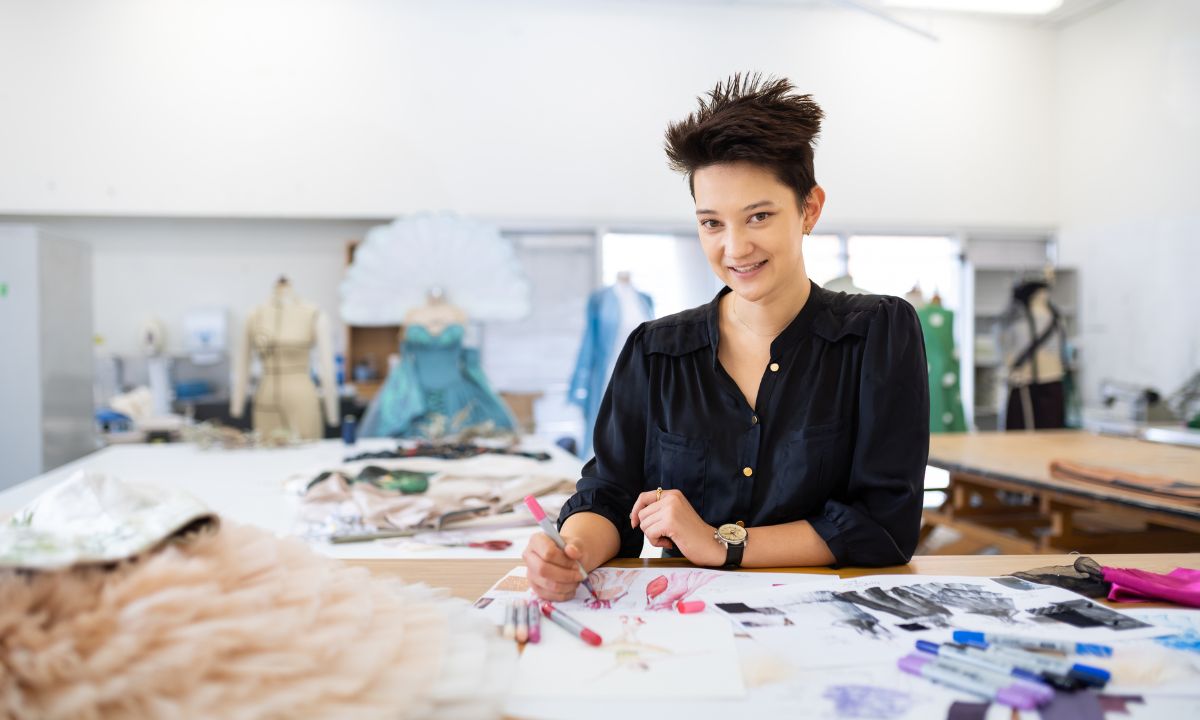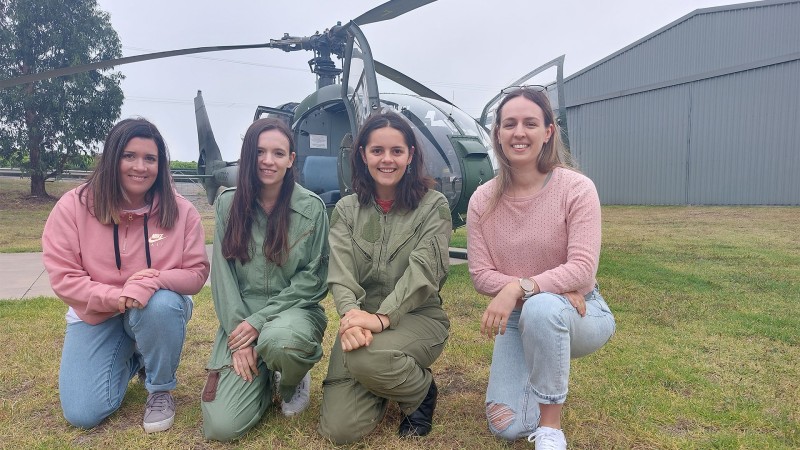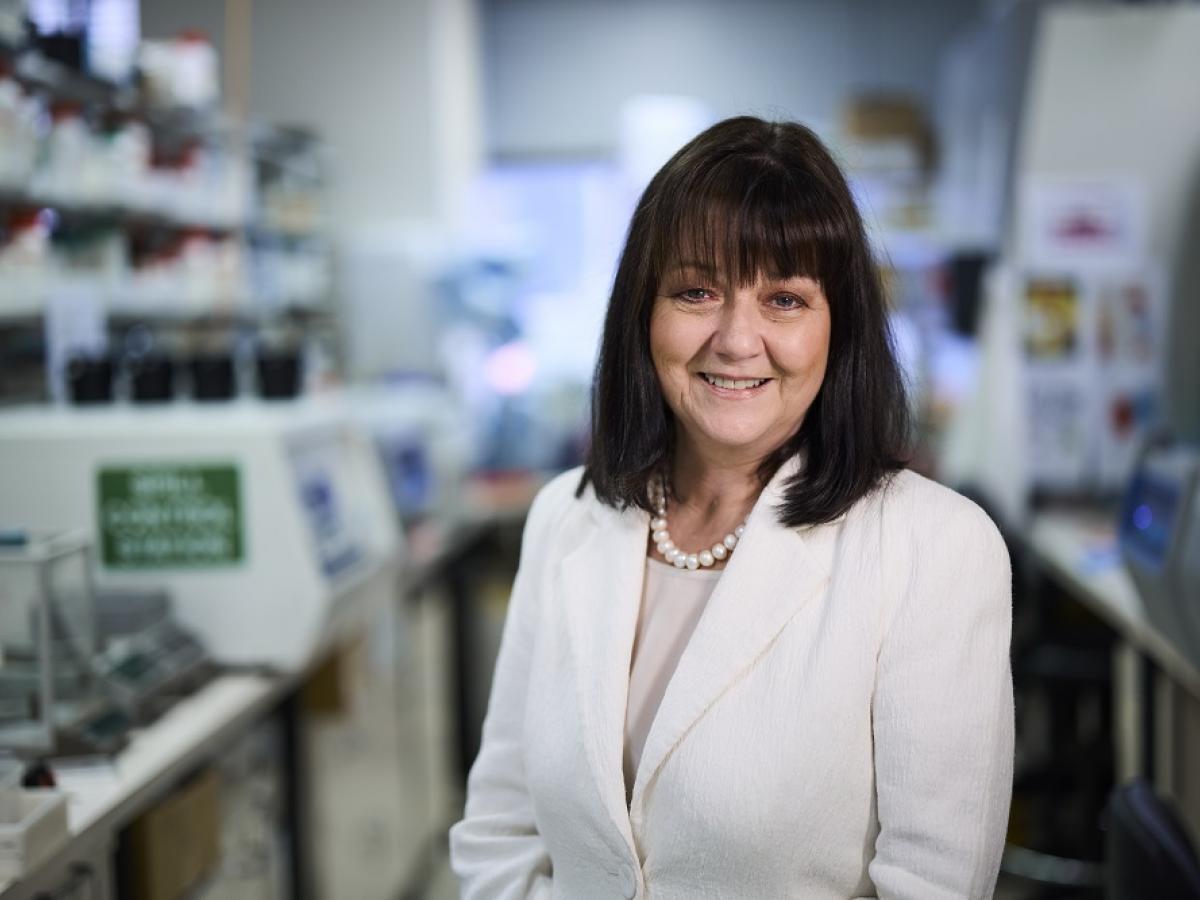
Last year was the first time TAFE SA enrolments increased year-on-year since 2012, and demand continues to skyrocket in 2024.
Applications to study this year are up 65 per cent from two years ago, and more than 8300 applicants have already received a TAFE SA offer for semester one.
TAFE SA Chief Executive David Coltman says the growth in TAFE SA enrolments is vital for our economy. South Australian education providers, spearheaded by TAFE SA, will need to deliver 90,500 vocational education and training (VET) qualifications over the next five years to meet SA’s demand for skills across healthcare, defence, early childhood education, housing and infrastructure.
The TAFE “renaissance”
Since 2022, the state government has been on a mission to revive TAFE SA to attract more South Aussies to train and upskill. Among a host of upgrades and initiatives, TAFE SA has been expanding and improving its course offerings, revitalising regional campuses and introducing free training for key courses.
This TAFE “renaissance” – as David calls it – is set to continue, after a new five-year National Skills Agreement was announced late last year between the federal and state governments, which includes millions of dollars for TAFE SA to fund extra training places, capital works upgrades and extra support services for students. It also includes more than 4500 additional fee-free TAFE places over the next three years.
What’s on-trend with students
Health-related courses have been popular with fee-free TAFE students including the Certificate III in Pathology Collection, which has recorded a 16 per cent increase in enrolments since the introduction of the fee-free initiative, with 113 students enrolled last year.
There has also been strong interest in courses such as the Certificate III in Early Childhood and Care, Certificate IV in Plumbing and Services, the Diploma of Nursing and Certificate II in Electrotechnology (Career Start).
The most popular courses overall for 2024 include nursing, IT support and business and administration. A number of new courses have also been introduced in growth sectors like cyber security, cookery, beauty therapy and fashion. David says South Australia’s creative capabilities are a part of what makes us a really fabulous place to live, and it’s great to see the creation of new jobs alongside the more typical growth industries.
The fee-free revolution
David says the state government’s fee-free TAFE has “hugely incentivised” more people to enrol. More than 10,600 TAFE SA places were used for fee-free study at TAFE SA in 2023, and David says the take-up signals that South Australia’s got “a big population ready to join forces to meet these new workforce requirements that are coming at us”.
There has been a particularly strong response in enrolments from priority student groups, and David says TAFE SA is very much a safe space where all South Australians can feel supported on their educational journey to a fulfilling career.
“As a public provider, it’s our mission to be accessible to everyone, and that means we target people who might not have traditionally been successful in their education or have experienced some disadvantage.”
Enrolments this year included people with a disability (nine per cent), women in non-traditional fields (30 per cent), First Nations students (five per cent), veterans (13 per cent) and students who speak a language other than English at home (11 per cent).
The changing face of education
“The changes in our economy mean future job opportunities are not the opportunities that we’ve had in the past,” says David. “That means we’ve all had to think about the job skills we have and the job skills we need.” He says the COVID-19 pandemic brought on the “ultimate mass reflection”, leading many of us to question our careers and think about changing them to align with our personal values.
“People entering the workforce today will have four or five careers in their life, so training and retraining is just part of what you do,” he says. “Tertiary education is no longer one degree straight from school and then putting away the books for life. It’s part of your ongoing investment in yourself that will give you opportunities to do the things in your career that you want to do.” The stats back David up, with vocational training demand outstripping demand for academic degrees in SA.
“Retraining is the absolute norm now. I think that the generation coming out of schools completely expects that, but what they want are skills that are related to a job, and they want to be able to do it their way, in their time and their place.”
That means TAFE SA has had to “become a whole heap more flexible,” which has helped bring even more students in. “For instance, the digitisation we have done is allowing people to be teaching from the regions to city students and vice versa. People can be based anywhere to deliver the courses and based anywhere to access the courses.”
More opportunities for regional students
But as a vocational training provider, TAFE SA “will always need to have that hands-on part of our programs” alongside digital classes. Thanks to the state government’s $10.2 million Regional Skills Development Fund, a whole lot more regional and rural students can now participate in the practical aspects of their TAFE SA courses at their local campus.
The fund has allowed regional campuses to lower the minimum number of enrolled students to run a course from 12 to five, which means a lot less courses cancelled due to insufficient numbers, or students having to travel hundreds of kilometres to attend a class.
“We are a unique state because we have our population concentration in Adelaide, and then the population in the regions is spread out massively. But our smaller towns in the regions are important because that’s where many of our people come from, so we’ve got to deliver locally to them. This fund means we can do that, which is really exciting.”
Future trends for job seekers to look out for
Right now, David is particularly excited about the state government’s new $56 million in funding to train locals for the “huge increase in staff numbers” it will take to make universal three-year-old preschool a reality. TAFE SA will share in that funding to further expand its program of courses in early childhood education and care.
Another ongoing TAFE SA focus is a massive program renewal of courses designed to prepare South Australians for all the new roles in the defence sector coming down the line thanks to the AUKUS agreement.
There’s also a huge focus on securing SA’s future housing growth. One example is a new program to attract young people to become skilled para planners, to help address the skill shortages in the built environment professions. The Para Planner Cadet Program, which is open to all people under 21, is a collaborative effort between the Department for Education, TAFE SA and the Planning Institute of Australia – SA. Through it, cadets will gain valuable work experience while undertaking TAFE SA’s Diploma in Local Government (Planning).
For course and application information, call TAFE SA on 1800 882 661 or visit www.tafesa.edu.au.
This story originally appeared on The Post - a media partnership between the Government of South Australia and Solstice Media to inform young South Australians about the policies that underpin issues affecting their lives.






